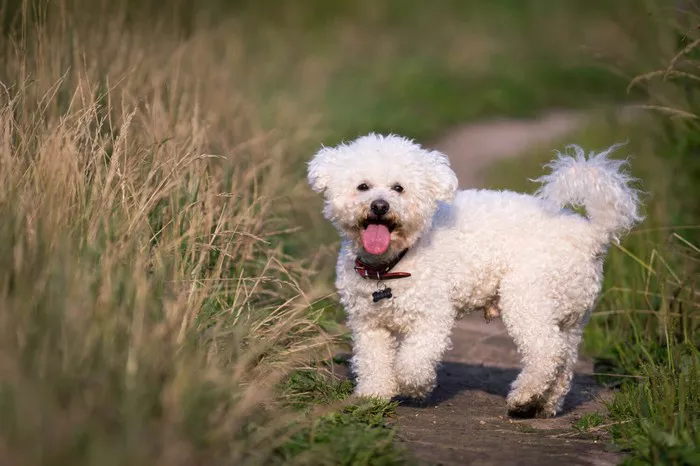The sorrowful gazes, the longing stares, and the mournful sighs—these are the everyday scenes for many pet owners who leave their dogs and cats at home while they go about their daily routines. Social scientists are increasingly exploring the deep-seated guilt pet owners experience, particularly as remote work decreases and more people return to office environments.
Psychologist Lori Kogan, who has studied this phenomenon extensively, found herself grappling with guilt over leaving her dogs alone, especially when harsh weather forced her to shorten their walks. Her personal struggle led her to investigate whether this sense of guilt was common among other dog owners.
In a 2022 study published in Animals, Kogan and her colleagues surveyed 592 pet owners in the U.S. who had owned their dogs for at least six months. The survey aimed to measure various aspects of pet owners’ guilt, using questions such as, “I feel guilty when I can’t afford higher-priced food” or “I feel guilty when I don’t take my dog to doggie daycare.” The study categorized guilt into five main factors: time and attention, absence from home, leaving pets alone, physical health, and adherence to furniture rules.
The researchers adapted a scale originally designed for parenting, substituting “child” with “pet.” The results revealed that dog owners experience guilt in ways analogous to parenting guilt. Kogan emphasized that this type of guilt is distinct from other forms of guilt and is not necessarily related to a person’s general predisposition toward guilt.
The emotional impact of pet-related guilt can be profound. The study found that nearly half of the respondents accepted their guilt as an ongoing burden, while 75% reassured themselves of their pets’ good lives. Some owners altered their behavior, with 40% reducing their social activities to spend more time with their dogs and 35% prioritizing their pets over other family members.
This guilt was also linked to mental health issues, such as depression and anxiety. Kogan noted that the compounded effect of feeling isolated while grappling with guilt about pet care could exacerbate these conditions.
Social media has exacerbated these feelings of inadequacy. Pet influencers often showcase elaborate activities and luxury items, which can make ordinary pet owners feel as though they are falling short. This comparison can lead to compensatory behaviors, such as spending more on pet food and toys.
The study also extended to cat owners, revealing that they experience similar guilt. Despite the stereotype of cats being more independent, Kogan’s 2023 follow-up study found that cat owners also face guilt and that it correlates with anxiety and depression. Society’s expectations that cats require less attention can further isolate cat owners, making it harder for them to justify their needs.
To manage pet-related guilt, Kogan suggests that workplaces consider policies that allow pets in the office. If that’s not feasible, hiring a dog walker or using doggy daycare services can help alleviate feelings of guilt. Additionally, discussing pet-parent guilt with friends or family may foster understanding and support.
Kogan advocates for recognizing and addressing this disenfranchised guilt, emphasizing that pet owners should acknowledge they are not alone in their feelings.
Related topics:
Top 10 Dog Breeds for Farming and Livestock Protection
Update: Rescued Dogs Ready for Adoption
Dog-Friendly Fun Takes Center Stage in Downtown Guelph


